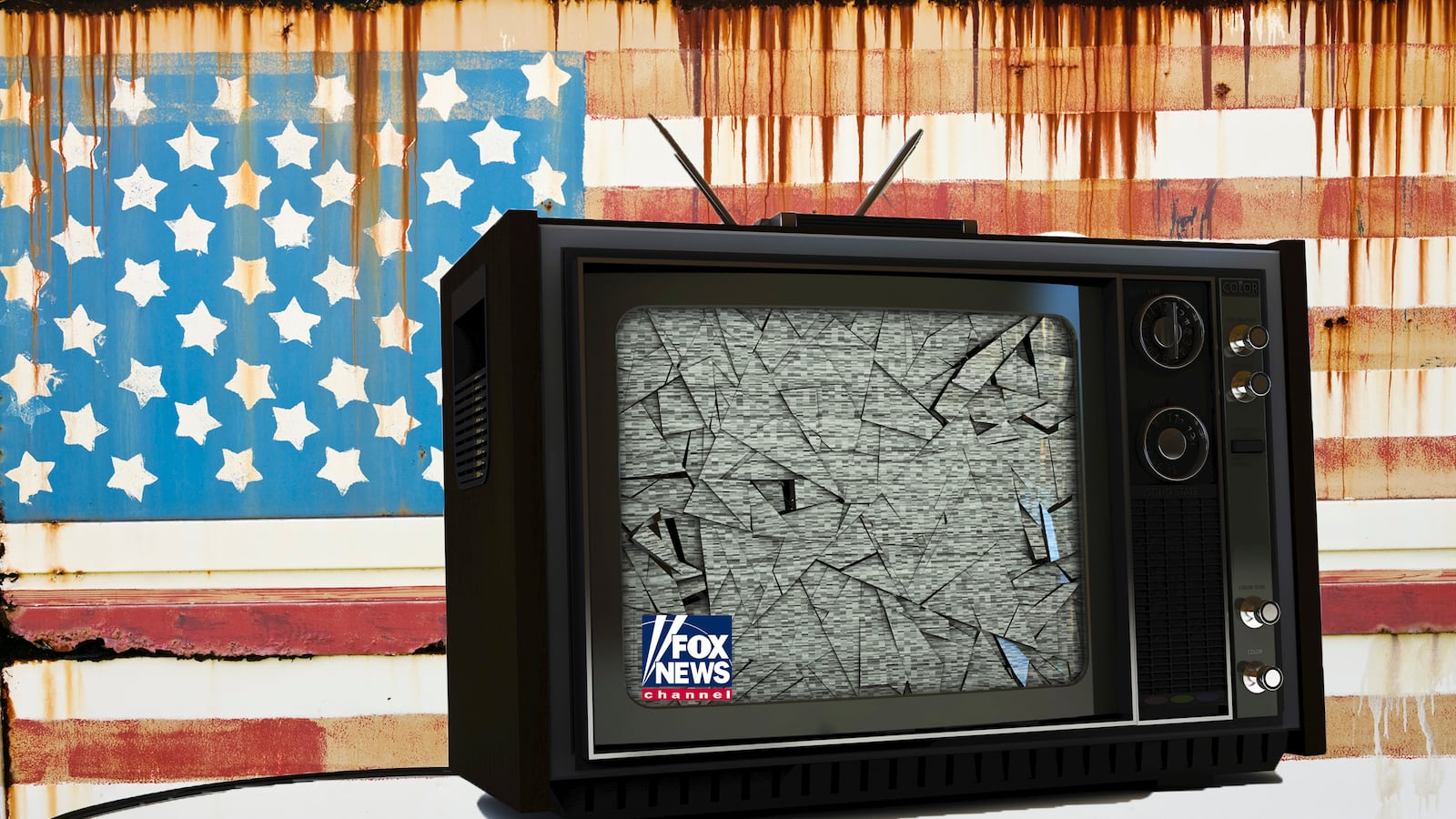We’re two weeks from Election Day, and you can feel political debates turning bitter, more personal.
Even in a midterm election when exhaustion rather than exultation drives the conversation, there is a desperation behind the poll watching. There are no happy warriors these days. Everything feels like a cycle of revenge and retrenchment.
“Politics has become more bitterly partisan and mean-spirited than I have seen in 30 years of writing a political newsletter,” attests Charlie Cook.
What’s changed? Well, the two parties in Congress are more ideologically and geographically polarized than at any time in our recent history. But we’ve had deep divisions in our politics before. And yes, the Wingnuts seem to have an outsize influence on our politics debates. But we’ve had extremists in our politics before.
What’s different is the proliferation of partisan media via cable news and the Internet. Amid unprecedented access to information, our fellow citizens are self-segregating themselves into separate political realities.
That’s the conclusion of a compelling, if depressing, new study by the Pew Research Center on political polarization and media habits.
And while there are extremes on both sides of the spectrum, the asymmetric polarization we see in Congress not coincidentally extends to media consumption.
For example, 47 percent of “consistent conservatives” view Fox News as their main source of information. Their “consistently liberal” corollaries split their allegiance among CNN, MSNBC, NPR, and The New York Times. And while liberals deem 28 of the 36 news outlets surveyed as “trustworthy,” conservatives take a dimmer view, declaring 24 of the 36 untrustworthy.
That finding is a direct reflection of the original premise behind Roger Ailes pitching Fox News as “far and balanced.” For conservatives, only explicitly right-wing news organizations can be trusted to tell the truth. Any news group that aims for the elusive ideal of objectivity is de facto liberal, in their view. It’s an extension of an idea more appropriate in wartime: If you’re not with us, you’re against us.
All this makes the pluralism of the modern world a scary, unwelcoming place. And so the reaction seems to be to corral oneself off from disagreement. Sixty-six percent of “consistent conservatives” say most of their close friends share their views on government and politics, and nearly half say they mostly see Facebook posts that match their politics.
On the other side of the spectrum, while liberals are more likely to consume a broader diet of news sites, just over half say their close friends share their views, and 24 percent of “consistent liberals” say they stopped being friends—or stopped talking to—someone because of politics. For these self-righteous and thin-skinned folks, there are apparently limits to the liberal virtue of tolerance.
This all leads to the Pauline Kael state of American politics, where the New Yorker film critic complained that everyone she knew voted for McGovern in the 1972 49-state Nixon landslide. It was more recently expressed in the search for “unskewed polls” and the donor-class hothouse shock when Romney failed to win the last election as promised.
Among moderates, or those with “mixed” political affiliation, as the survey insists on calling them, CNN fares best as the most trusted cable news network, and The Wall Street Journal is the only news organization to be deemed trustworthy across the political spectrum (no small feat, especially given its ideologically driven editorial page). Among the news providers underwater in the trust category are Daily Kos, Sean Hannity, Ed Schultz, Glenn Beck, Rush Limbaugh, and, oddly, BuzzFeed. Likewise, Slate is viewed at the liberal end of the spectrum.
It’s no secret that trust in media has declined at the same time as partisan media has been on the rise. Don’t be fooled into thinking this is about competing visions of political principle. It is about a play-to-the-base business plan, pure and simple.
But as in politics, the challenge we face in digging ourselves out of this predicament is compounded by the fact that the most liberal and conservative among us consume the most news and are the most politically active. They have essentially hijacked debates large and small by sucking up all the oxygen and exhausting people who have lives and increasingly see politics as an ugly waste of time. This state of affairs delights consultants who love the predictability of low-turnout elections, but it creates the all-or-nothing attitudes that derail constructive decision-making in our democracy and has led directly to the most divided, dysfunctional Congress in history—until the next one.
A few decades ago, politicians sent talking points to talk radio hosts. Today, talk radio hosts and online echo-chamber pundits send talking points to politicians. They keep their readers and listeners addicted to anger. The durable wisdom of the late, great Sen. Daniel Patrick Moynihan—“everyone is entitled to their own opinion, but not their own facts”—gets discarded when people come to political debates armed with their own facts. And in a time when the fringe blurs with the base and competitive congressional general elections are all but extinct thanks to the rigged system of redistricting, these base-corralling fanatics have the power to strike fear into the hearts of the gutless wonders on Capitol Hill.
This is not a wake-up call as much as it is a challenge. If we don’t find a way to reverse this media trend, America is headed toward Tower of Babel territory.





